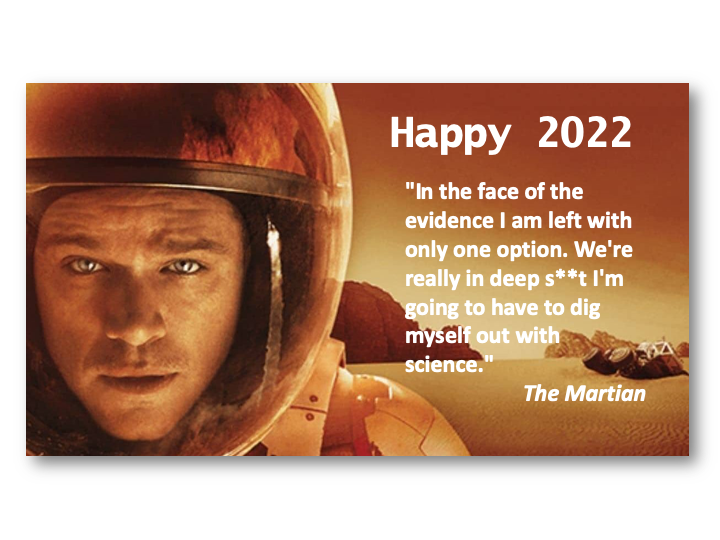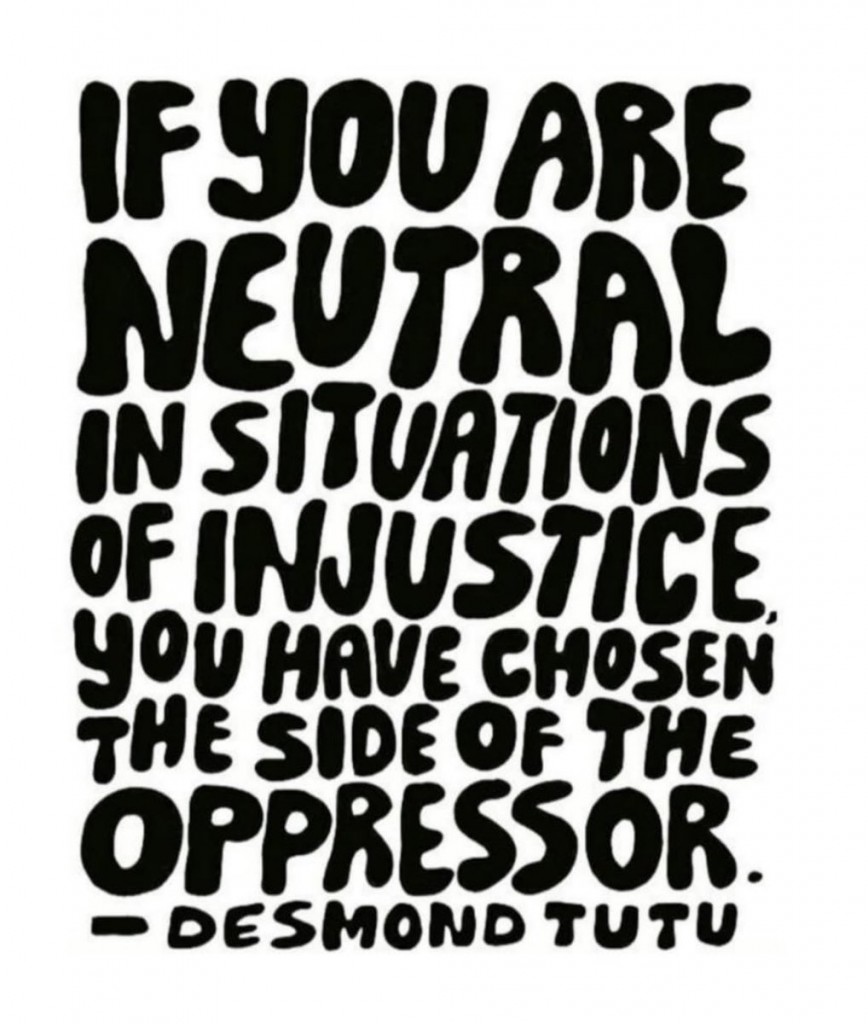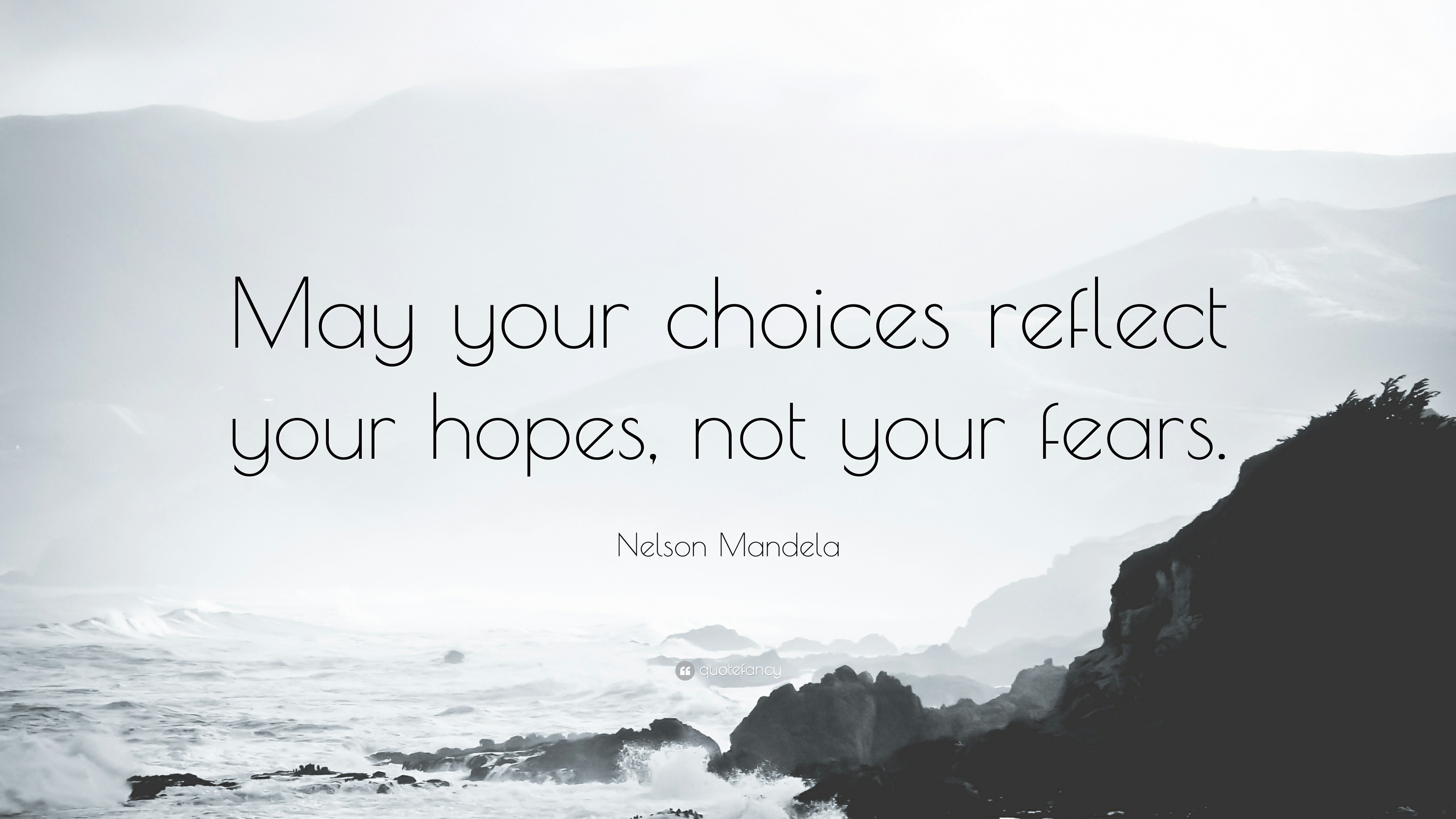Monthly Archive for December, 2021
The president of the Italian Football Medicine Association, Enrico Castellacci, confirms what Pep Gurdiola said about the health of footballers: “”We talk about the welfare of players, but ours is the only league that does not accept the five substitutions. We only have three. How come? It would be much better for everyone, given the number of games we play. But the Premier League and some clubs have decided not to do it”. And Castellacci reiterates that “in this way, the players’ physique does not hold up and injuries increase. Either the mentality changes or the roses increase, but we know that coaches always make the strongest players play”.
To these correct observations I would like to add that playing too many games does not only cause physical wear and tear, but also mental wear and tear. It is obvious but it is remembered much less, perhaps because the body’s warnings are more immediately evident (injury and consequent inability to play) while the mental ones are less so, except when they manifest themselves in the form of psychopathology.
Samuele Marcora and colleagues in an article of 2009 reminded us that even the sports sciences have not dealt with this issue until recent years.
“Mental fatigue is a psychobiological state caused by prolonged periods of demanding cognitive activity and characterized by subjective feelings of “tiredness” and “lack of energy”. The effects of mental fatigue on cognitive performance and the skilled performance of drivers and air pilots have been extensively investigated. An increasing number of studies are also revealing the neural alterations caused by prolonged periods of demanding cognitive activity in both health and disease. On the contrary, the impact of mental fatigue on subsequent physical performance remains largely unknown. To the best of our knowledge, the only published observations date back to 1891 when Angelo Mosso reported in his seminal book on fatigue that muscle endurance was reduced in two fellow professors of physiology after long lectures and oral examinations.
The year 2021 brings me an anniversary: it’s 40 years that I work as a sport psychologist. Prof. Mario Bertini introduced me to Prof. Ferruccio Antonelli and thanks to my language knowledge he gave me the task to translate into Italian the abstracts of the International Journal of Sport Psychology and to research news about sport psychology published in international journals, so I could write the news column of the journal. A rather tedious work, but that was the basis for my international relationships that led me to be part of the Managing Council of FEPSAC and ISSP over the years. Fortunately, at the same time, together with other colleagues, we had won a grant for a survey on the A1 and A2 Series volleyball teams, and so began the consulting work for Fipav, commissioned by Gianfranco Briani, then Secretary General, which lasted continuously for 7 years. It was a complex but interesting work, ranging from the study and diffusion of minivolley, to the consulting for referees of the highest level and for the national women teams. I consider volleyball and the collaboration with Carmelo Pittera and Carmelo Bosco, the sporting environment in which I formed professionally. It is on the volleyball courts that I developed my skills in the three areas that I have never abandoned in sport psychology: training of coaches, psychological counseling with teams and athletes and research applied to sport.
During these years, I have never lost the enthusiasm for this work and I still find it very inspiring, getting in touch with athletes, following and supporting their performances, living their victories, helping them to get up after defeats, this is my commitment, yesterday as today. In sports, the psychologist was perceived as an extraneous object steeped in “too much theory” and the lesson I learned from Antonelli was to learn to relate and write “clearly” to be understood, to be on the pitch with those who were training. It wasn’t easy to learn but it was very helpful. I used this approach, being on an equal footing in the field every day, immediately with the coaches and, in fact, I found that it helped me a lot in gaining their trust, even the most reluctant to accept the “psychologist” because I shared their daily experience. In 1984 I worked with the junior women’s national volleyball team that had a Chinese coach. He told me that I had to speak to the heart of the girls and to achieve this I certainly could not express myself in a theoretical way. I knew practically by heart the newly released book by R. Weinberg and J. Silva, “Foundation of sport psychology”, and my commitment was to translate the theoretical concepts into practical strategies and actions to mentally coach the team. Three years later, the result of this work of adapting scientific data to consulting work was the publication of the book “Mental training: a guide to the psychological training of athletes”, a mental training program organized over 8 weeks.
The work of a consultant is a constant relationship with others and like all comparisons is subject to ups and downs and over the years there have been several moments of difficulty and sudden interruption of the work path without apparent reason, but they were overcome thanks to other opportunities. I have learned in my career that this work is always evolving, new scientific data, new research to select, to manage, new technologies to which are added the constant changes in the society in which we live. A constant adaptation and response to changes in the mentality of coaches and athletes, the increasing importance of the results on the career of a sportsman, new job opportunities from sport as an expression of well-being, to sport in childhood and adolescence, the important role of parents, competition from other non-psychological professionals, the absence, at least in Italy, of the driving role of large sports organizations in the spread of our work, the spread of online consulting, not only because of the pandemic, and the expansion of consulting to esports and Paralympic sports.
This evolution is stimulating for those who, like me, carry out this profession and I am aware that in the coming years the work of the sport psychologist will become increasingly relevant, especially in this phase of undeniable emotional and motivational fragility of this pandemic era. But I will have to, or rather we will have to, precisely because we are psychologists, be ready to seize the positivity and the opportunities that every season of change always brings. What advice do I give myself for the next few years as I look back on the road already taken? Always be curious, follow the evolution of sport, this multifaceted prism with a thousand facets, deepen innovations in sports psychology and excellent experiences now spread throughout the world. As Winston Churchill said, success is what happens between one failure and another. So, let’s move forward calmly but without stopping.
The numbers may seem cold but they help to convey the sense of my work over these 40 years:
1300 or so athletes followed
116 mental coaching programs for coaches
30 years as editor of the International Journal of Sport Psychology
36 years as a professor of psychology at the School of Sport
17 books published by me or in collaboration with coaches and colleagues
16 years as President of the Italian Society of Sport Psychology founded by me with other colleagues
12 athletes who have won a medal at the Olympics
12 years as a member of the board and then treasurer of the European Federation of Sport Psychology and now in the Managing Council of the International Society of Sport Psychology
7 nations for which I have been a consultant (China, Cyprus, UK, India, Iran, Malta, UAE)
7 Summer Olympics (since Atlanta 1996)
2 participations as a consultant to the Commonwealth Games with India and Malta
Walter Staiano, Andrea Bosio, Helma M. de Morree, Ermanno Rampinini e Samuele Marcora (2018). The cardinal exercise stopper: muscle fatigue, muscle pain or perception of effort? Progress in Brain Research, 240, 175-200.
The ability to sustain high-intensity aerobic exercise is essential for endurance performance. Is cessation of high-intensity aerobic exercise due to muscle fatigue, muscle soreness, or increased perception of exertion?
Study participants performed a cycle ergometer test at constant load and high intensity.They were pushed to provide the maximum effort possible. The results show that at the moment when the athlete voluntarily stops pedaling (theoretical moment of maximum exhaustion) he or she actually still has a high exercise capacity. This means that from a physiological point of view, when the athlete perceives himself as exhausted, in reality he can still produce about twice as much power as that which led him to exhaustion. The data highlights that the factor that prevents the continuation of the exercise, when you stop during an intense effort, is not the lack of strength to continue at that intensity or the perception of pain in the muscles. The reason for stopping or decreasing the intensity during a high intensity effort lies in the perception of the effort.
A trick to continue at the same intensity is to distract the mind with a thought that sustains this effort for a few seconds or a few meters, that is the decisive moment of the race because those who do not think in this way will stop or slow down excessively while we continue.











